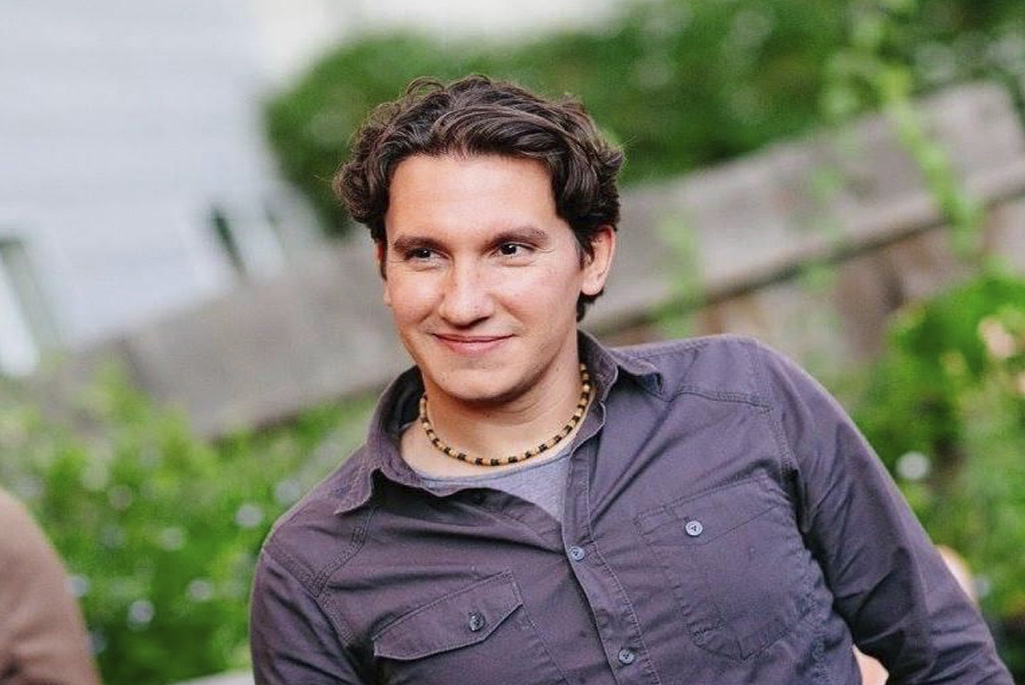Ciulla has researched both natural and social sciences, including modeling the spread of epidemics and studying how information diffuses in social media networks while working towards his Ph.D. At Berkeley Lab, his research focuses on large data sets and building data-driven models to predict water quality from disturbances such as floods and droughts.
Having a background in both natural and social sciences, what caused you to lean towards natural sciences?
I do not see a super strong distinction between the two–given the impact humans are having on the environment, I would say the two are very interlocked. I saw this first hand when I was completing my Ph.D. at Northeastern University looking at the spread of epidemics and information on social media. These can be considered two different realms if you see it as purely biological versus purely social, although we can affect one field by the actions we take in another. As a physicist, I have always been interested in the application of physical laws to multi-agent systems. I did work in social sciences, but now I do want to focus more on the natural sciences side.
Given your past experience at Quid, a private company, would you say working for an institution like Berkeley Lab has been a different experience? Is there any difference between the work environment or teams you work with?
Working at a corporation is different because the final goal is to create and sell a product–the teams were very compartmentalized, and the better our communication with each other the better the product would be. Working as a postdoc has been enjoyable because I get to work on research and pure science that is not finalized towards a product. The main relationship in my lab is with my supervisor and the peers in my research group. The importance of networking and teamwork is similar between the lab and a company–no one can do good research by themselves, so having a good network to work with different people who have different backgrounds is important, and makes a multidisciplinary team very efficient.
Tell me more about your current research at Berkeley Lab. What are you studying about water-quality impact? Is there a specific question you’re trying to answer? Do you feel like past research experiences have helped you?
I study how extreme events can impact river and stream water quality. Research has shown us that extreme weather events are becoming more intense and more common. There are clues that such phenomena are human driven, and these events are creating big disturbances in the environment. For example, we are studying how heat waves affect water quality in terms of temperature, oxygen, and salinity. We want to know how this impacts rivers from a water quality standpoint and how this will affect life forces that are dependent on these bodies of water.
How does analyzing historical past climate data help with your current research? How does past information impact the future work you’ll be doing?
I am using physical models and machine-learning tools to perform my analysis. One of the caveats of machine learning is that you have to learn how a certain system works based on the past, and this comes with pros and cons. The pro is these algorithms have been proven to be extremely efficient when it comes to learning the behavior of very different systems. The con is this method is using historical data, so you are at least partially assuming the future is going to look like the past. This is an assumption that we should be careful to make because the climate is evolving and we are seeing more extremes. We are trying to apply these models to situations they have never seen before. Using physics-informed machine learning algorithms will allow us to do more than make an educated guess on the future. I say physics because I am a physicist. Interpretability of machine learning tools is important, and I have a feeling physics-informed learning tools for physical systems are the future and will provide an interesting breakthrough.
What are you excited to study next? Do you plan to focus on machine learning and stick with water quality? Are you interested in exploring more about environmental science?
Personally, given that I am not a hydrologist and I am a physicist, my focus was statistical mechanics in complex systems–so I want to talk with different people and groups to try and figure out how we can all work together. I want to know more about how other factors in ecology affect water basins. I also studied the spread of epidemics and information on social media using networks, which are a mathematical tool that can be used with a large number of fields. From a mathematical standpoint, rivers are also networks; each branch of a river is really a node or a link. This is another way to think about the river system that I am very interested in.


